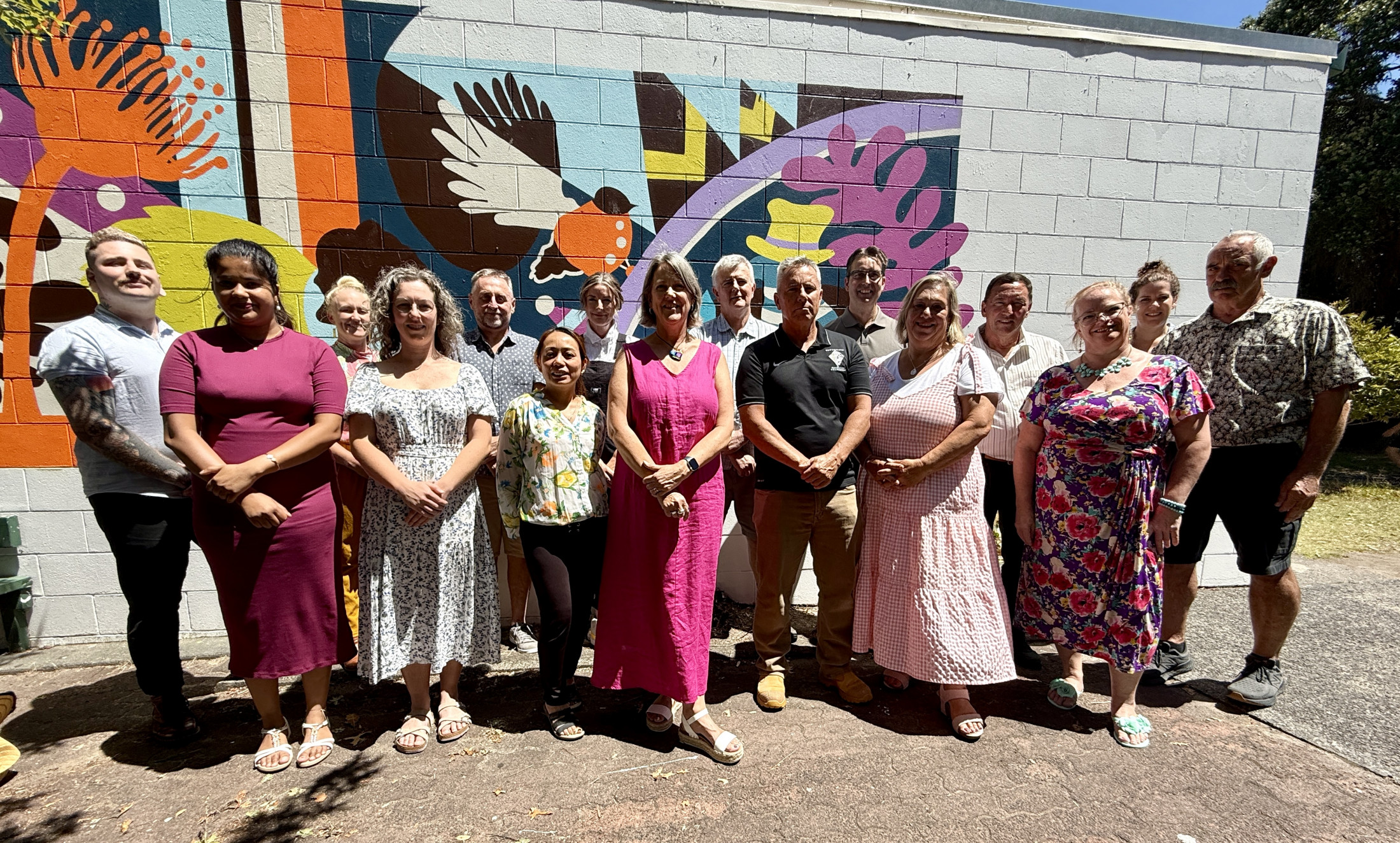These specialist courses use project based learning to promote skills across all the design technology subject areas.
Year 7
Students are introduced to electronics, textiles, 3D printing, laser cutting and wood work, snack foods and package design.
Year 8
Students' skills are developed further as they work on developing products around a central theme. Skills include soldering electronics, using power tools, creating moulds using 3D printing, biotechnology and nutrition studies.
Year 9 | Year 10 |
|---|---|
Digital TechnologyStudents will use CAD software and simple electronics kits to develop problem-solving skills.They will also learn basic computer science skills such as user interface design. | Digital TechnologyStudents will program an Arduino-based desktop toy with a 3D-printed enclosure of their own design.They will be introduced to C++ and Python as programming languages and cover some of the computational thinking skills around sorting algorithms and images. |
Food TechnologyStudents will explore global cuisines and develop a menu to understand cooking methods, ingredient selection, pricing, and design. | Food TechnologyStudents will design and create a suitable recipe tailored to a specific client, enhancing their understanding of consumer needs.They will research, test and trial recipes, using feedback from stakeholders to refine their design ideas. |
Textile TechnologyUsing the design process students will research, develop and create textile products.They will learn practical skills and have the opportunity to test and trial their ideas in groups or individually. | Textile TechnologyStudents will develop their own textile item and learn applied design skills, such as screen printing and applique, to personalise their product.They will use the design process to refine their ideas through stakeholder feedback and experimentation. |
Product Development (Materials Technology)Students will develop practical skills while trialling, testing and problem-solving across two projects.They will explore material properties and develop confidence using tools, machinery and learning a variety of techniques. | Product Development (Materials Technology)Students will develop their practical and thinking skills while designing their product.Students will be testing, and trailing different materials to determine the properties/materials that best suit their given outcome. |
Design and Visual CommunicationStudents will use the design process to develop design solutions to a spatial problem.They will learn a variety of ways that designers test out their concepts and communicate their ideas. | Design and Visual CommunicationStudents will use the design process to create a solution, focusing on product design.This design course teaches formal drawing skills such as sketching, rendering, digital drawing and modelling. |
Mechantronics Integrated with EnglishStudents will learn soldering to create an electronic circuit board which they will then programme.In English, students will utilise Design Thinking to create, design and reflect on the mechatronic projects. They will also follow the literacy programme,including reading and creative writing. |
Year 11 (Level 1 NCEA) | Year 12 (Level 2 NCEA) | Year 13 (Level 3 NCEA) |
|---|---|---|
Digital Technology | Computer Science | Computer Science |
Food Studies | Food Technology | Food Technology |
Hospitality | Hospitality | |
Textile Technology | Textile Technology | Textile Technology |
Creative Textiles | ||
Future Trades | Future Trades | Construction |
Design and Visual Communication | Design and Visual Communication | Design and Visual Communication |
L1 Mechatronics Integrated with English | L2 Mechatronics | L3 Mechatronics |
Materials Technology | Material Technology (Starting in 2026) |
 Orewa College
Orewa College
